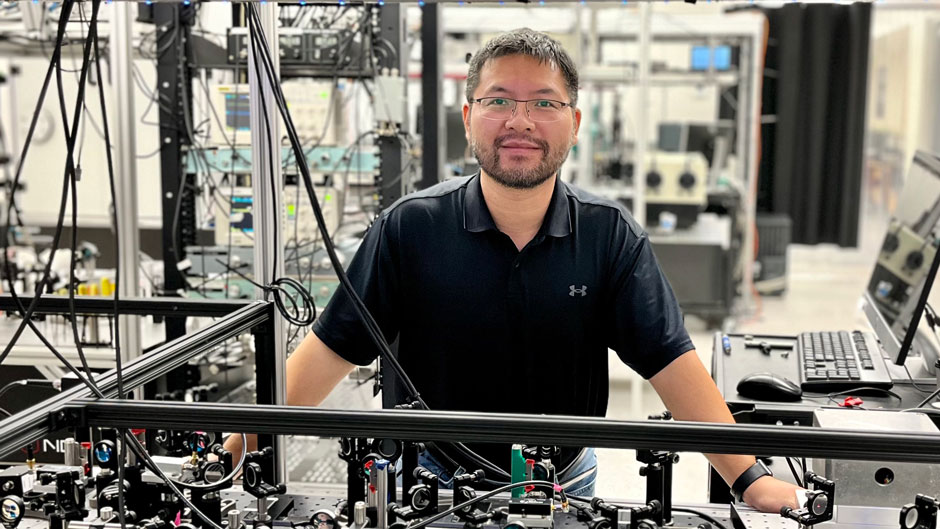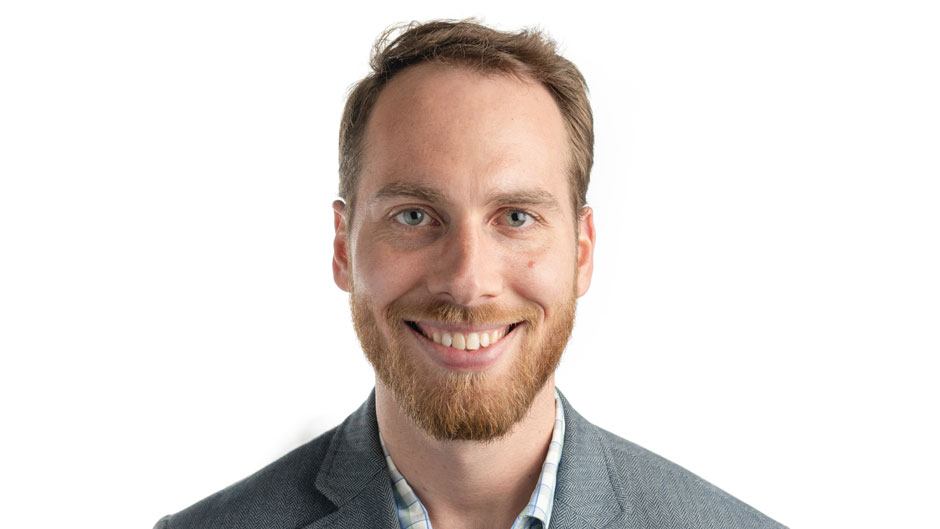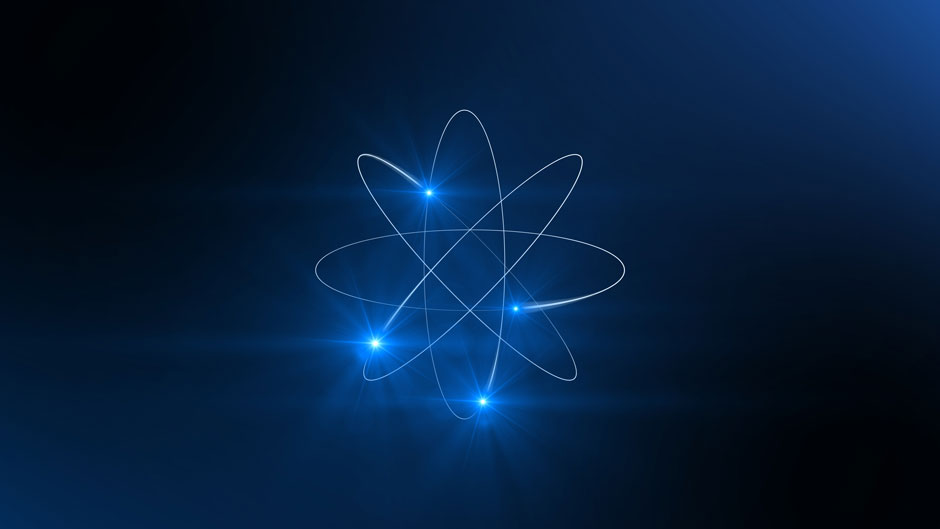The first revolution in quantum science, which involves the study of matter and energy at the level of atoms, photons, and electrons, enabled the creation of many fixtures of the modern world, including personal computers, MRI machines for medical imaging, and GPS technology.
With the next revolution in quantum science on the horizon, the University of Miami College of Arts and Sciences has embarked on a hiring initiative to recruit more experts in this field.
“We think it’s an exciting area in which to invest,” said Joshua Cohn, the college’s senior associate dean for research and graduate education, who is also a professor of physics. “We are in the midst of an era of accelerating discovery and U.S. government investment in quantum science. Our initiative aims to bring new research expertise on novel materials, spectroscopies, and quantum computation across multiple departments to address intersecting challenges.”
This fall, two new faculty members who specialize in quantum science will join the college: Hebin Li, a physicist who conducts research in quantum computing and quantum sensing, will join the Department of Physics as a full professor, and Stephen Lee, a quantum chemist, will join the Department of Chemistry as an assistant professor.
As part of this hiring initiative, the college plans to recruit additional faculty members over the next few years. The initiative is open to physicists, chemists, biologists, and computer scientists who study quantum computing or quantum sensing.
The college hopes to hire faculty who have complementary research interests so they can collaborate, apply for major grants, and possibly build partnerships with local industry, Cohn explained. The initiative also aims to prepare students for jobs in quantum science and related fields. “There is an urgency to develop a quantum workforce,” he said.
Both Hebin Li and Stephen Lee conduct quantum sensing research that has exciting applications in medical imaging and sensing.

Hebin Li’s research involves artificially grown diamonds with defects, known as color centers, that can be used as quantum sensors. In the future, a tiny version of these diamonds, called nanodiamonds, could be used for medical imaging and sensing.
“You can use these nano quantum sensors to do measurements on cells at the cellular level,” Li explained. “These could be potentially really interesting for medical research.”
The color centers in diamonds are a potential platform for quantum computing, which utilizes quantum bits or “qubits” to perform complex calculations that would take standard computers far longer than a human lifespan to complete. The technology is still in the early stages. While some tech companies already have prototypes of quantum computers, they require extremely cold temperatures and are not yet useable in a regular home or office.
Li, who is currently an associate professor in physics at Florida International University, also studies ultra-cold atoms. This research, which uses lasers to slow, cool down, and trap individual atoms, has applications in quantum computing.
“We are very fortunately to have Dr. Li join our department,” said Massimiliano Galeazzi, the chair of the Department of Physics. “He is an internationally renowned expert in his field and will help spearhead the quantum initiative at UM. He brings prestige and expertise to the department and the college to take us to the forefront of quantum research.”
Li said he is looking forward to collaborating with colleagues at the University of Miami and mentoring students.
“One important aspect of this initiative is to educate students to be quantum-ready,” he said. “Our students will be ready to either pick a job opportunity in this industry or for all the implications that quantum computing or quantum science will bring to other industries.”

Stephen Lee conducts research on carbon nanodots that could be used to examine a protein or a specific region of a cell.
At the University of Miami, he plans to focus on developing quantum sensing materials for biological imaging and quantum communication technologies that can operate at room temperature, rather than only at the ultra-cold temperatures required for many quantum systems. These technologies could prove particularly useful for developing quantum computer and communication systems in low-income countries that don’t have the resources to maintain equipment at extremely cold temperatures.
“We are really excited about Dr. Lee’s research in quantum chemistry,” said Marc Knecht, the chair of the Department of Chemistry. “His new research directions are intriguing and will add new depth to the Department of Chemistry’s research portfolio. Dr. Lee’s studies have the potential to revolutionize sensing and computer technologies, and it will be exciting to watch as the new science develops.”
Lee, who is currently a postdoctoral fellow in chemistry at the University of Illinois Urbana-Champaign, said he was drawn to the University of Miami by both its research prowess and the new quantum science hiring initiative.
“There’s an excellent history of scientific achievement there, and this quantum sensing initiative matched very well with what I wanted to do as an independent researcher,” he said. “This drive to accelerate quantum research at the university really made me want to be a part of and contribute to this field.”

